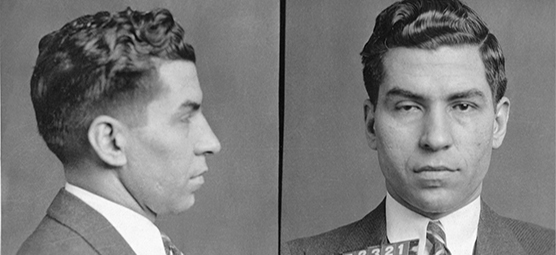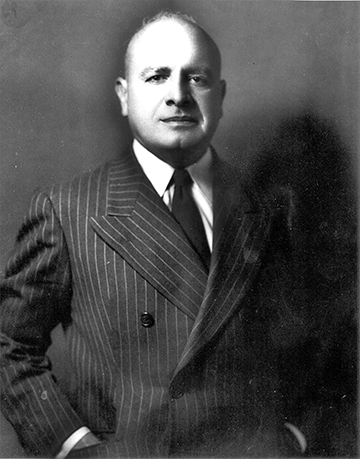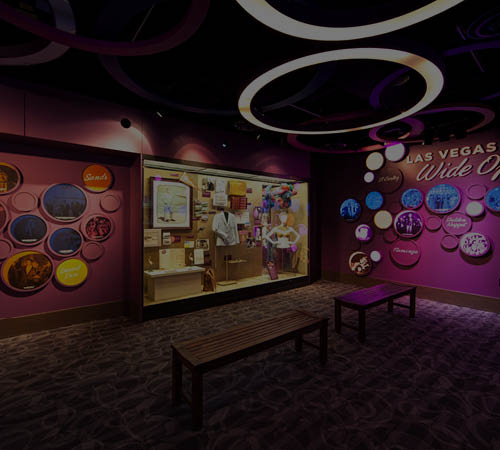Seventy years ago, Luciano’s Havana sojourn was cut short
His 1947 arrest came after U.S. threatened to cut off medical aid to Cuba

Written February 2017
In 1946, Charles “Lucky” Luciano was persona non grata in America. Though he was granted a pardon for his help with the U.S. war effort, the legendary kingpin of organized crime in New York was deported to Italy on February 10, 1946. American authorities thought they had seen the last of Luciano in the Western Hemisphere. But a few months later, on October 29, Luciano hopped on a plane to Havana, Cuba.
At that time, the American Mob was moving into the Havana casino and hotel industry. It was an ideal place for Luciano to hang out and hold one of the biggest Mob meetings in history, known as the Havana Conference, the week of December 22 at the Hotel Nacional. Luciano met with Mob bigwigs such as Meyer Lansky and Frank Costello and is alleged to have given his blessing to putting out a contract on Benjamin “Bugsy” Siegel for cost overruns and mismanagement of the Mob-financed Flamingo Hotel in Las Vegas.

While the conference ended on a high note and Luciano must have felt like things were going right for him again, the tide turned. Harry Anslinger, head of the U.S. Bureau of Narcotics, had Luciano in his sights from the moment Luciano arrived in Havana. The mobster was tailed constantly. Anslinger believed Luciano was back so close to U.S. soil to start up a sizable drug operation and re-establish his dominance over the American underworld. When the news broke stateside of the Havana Conference and the appearance of pop singer Frank Sinatra, who was there to entertain the twenty crime figures visiting from America, Anslinger must have felt pressure to address the Luciano situation.
Anslinger first went to the State Department to force Cuba into deporting Luciano. When the Cuban government rebuffed that request, Anslinger went to President Harry Truman. The U.S. government applied pressure to the Cuban government by cutting off a shipment of much-needed medicinal drugs to the island, with the intent to hold them indefinitely until the crime boss was arrested and sent back to Italy. Cuba had no choice.
On the afternoon of February 23, 1947 — seventy years ago — Luciano was arrested at a restaurant in the Vedado section of Havana, the same neighborhood where the Hotel Nacional and Riviera were located. The head of Cuban’s secret police, Benito Herrera, told the press that Luciano was arrested on grounds that he might cause public disorder. Luciano told a UPI wire service reporter that if the Cuban government did not want him there, he would leave. “If I’m going to have trouble on this side, I’ll go back to Italy. I just want to be nice and quiet. I don’t want to be kicked around like this for no reason.”
The Cuban president, Grau San Martin, signed the order to deport Luciano at the end of February, and on March 20 Luciano boarded a Turkish freighter, headed back to Europe. Luciano would return to the United States one time, in 1962. That was when, after suffering a fatal heart attack in Italy, his body was flown to his final resting place in Queens, New York.
Scott M. Deitche is the author of six books on organized crime and has written dozens of articles on organized crime for magazines and newspapers. He has been featured on the History Channel, A&E, Discovery Channel, AHC, Oxygen Network and many local and national news shows. He is currently working on his seventh book, The Jersey Mob.
Feedback or questions? Email blog@themobmuseum.org





